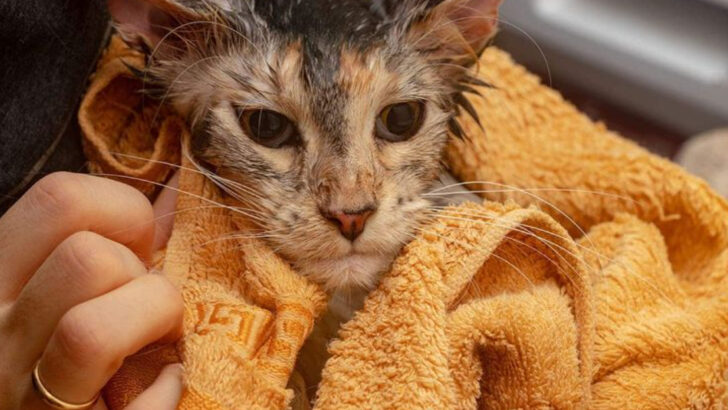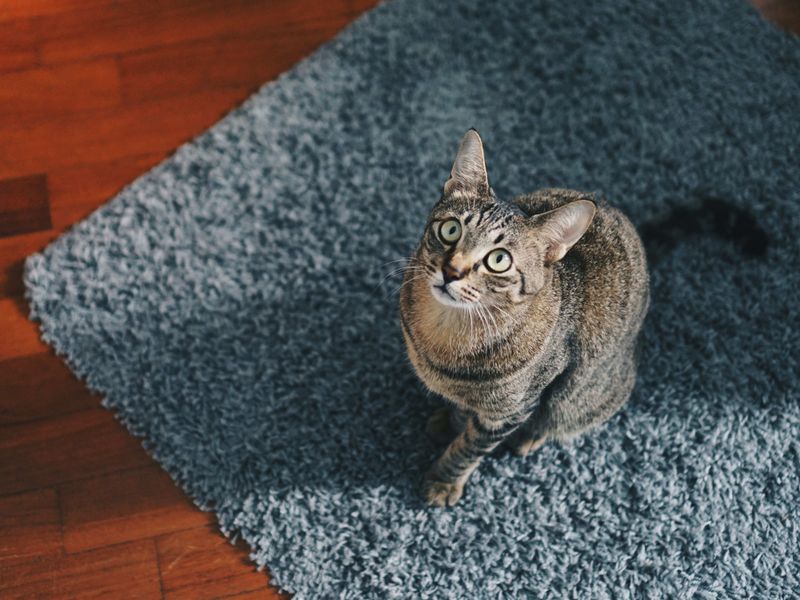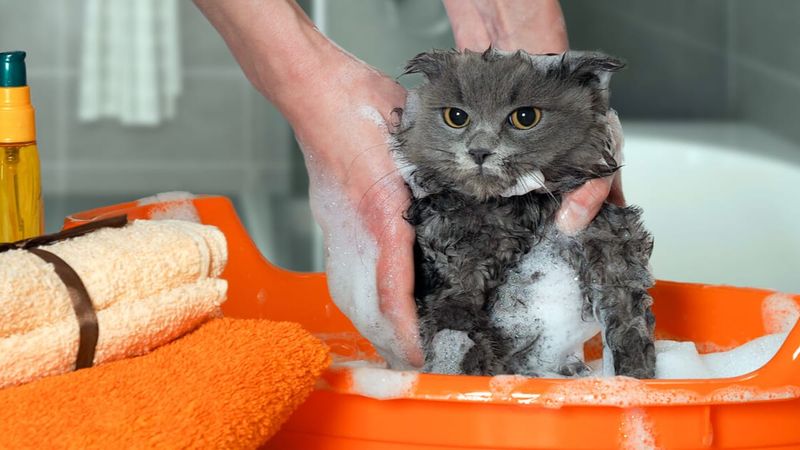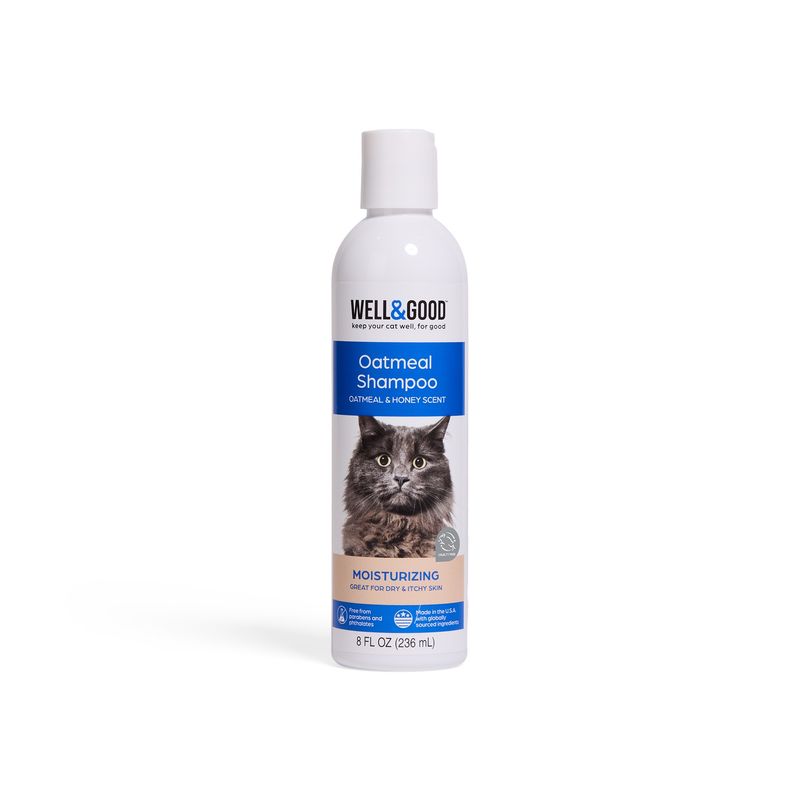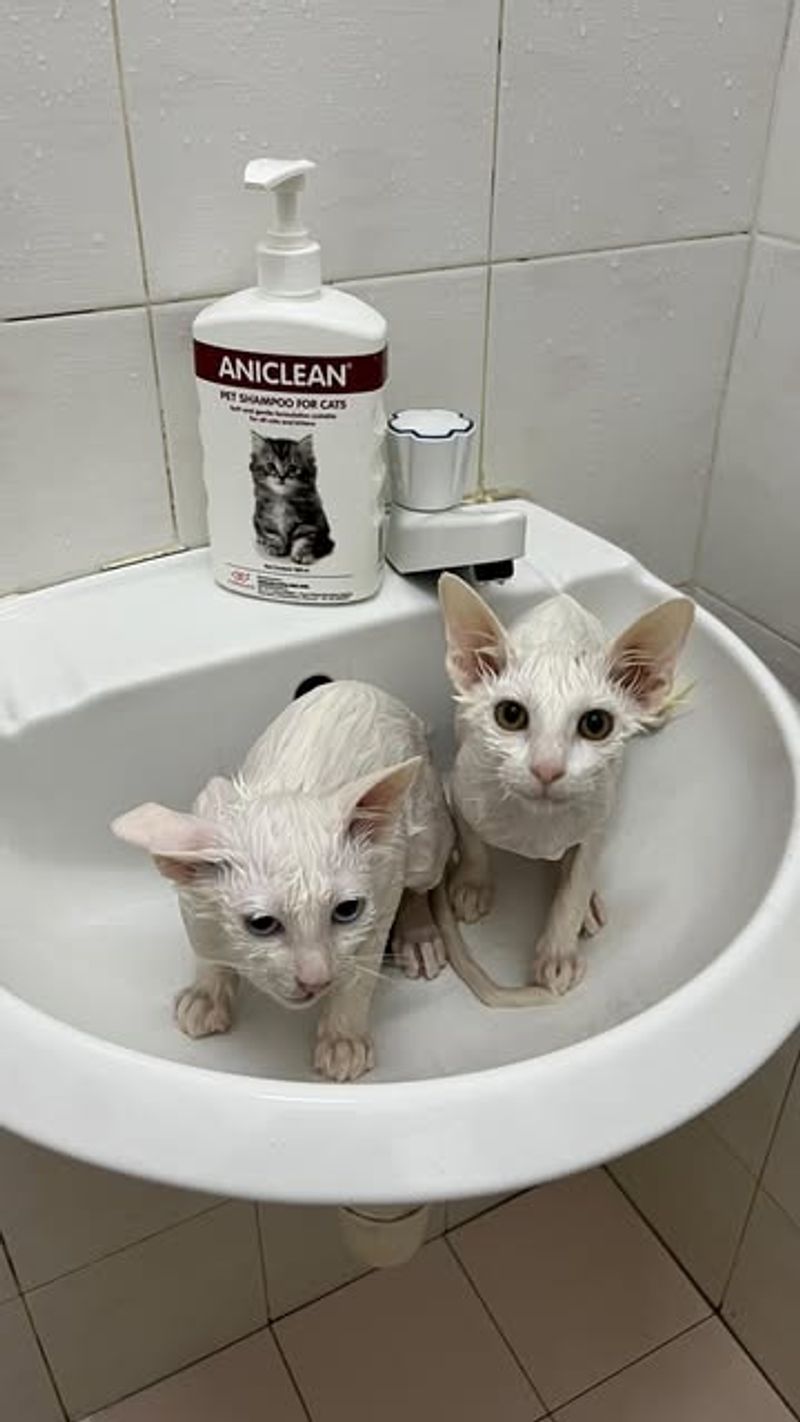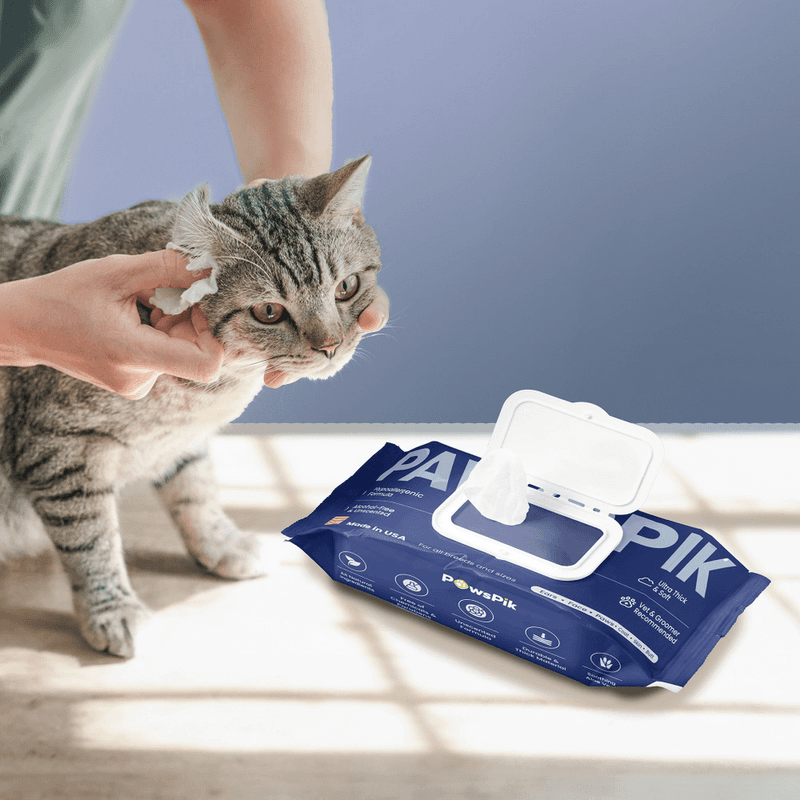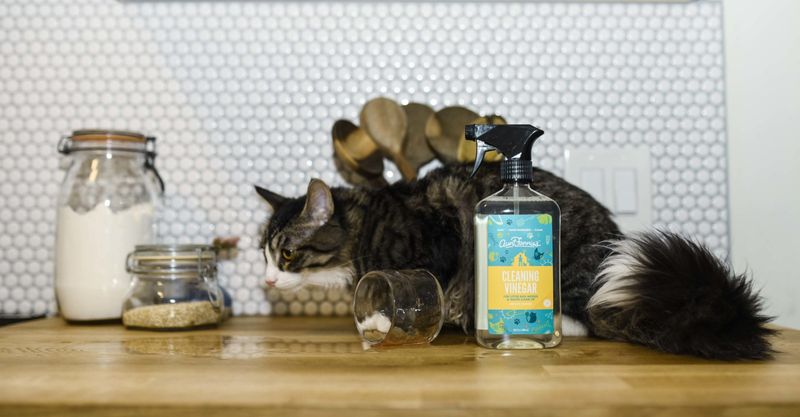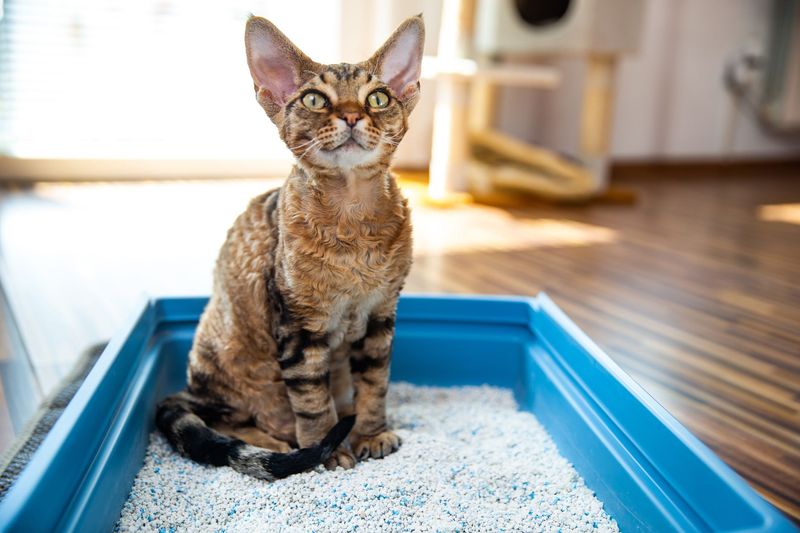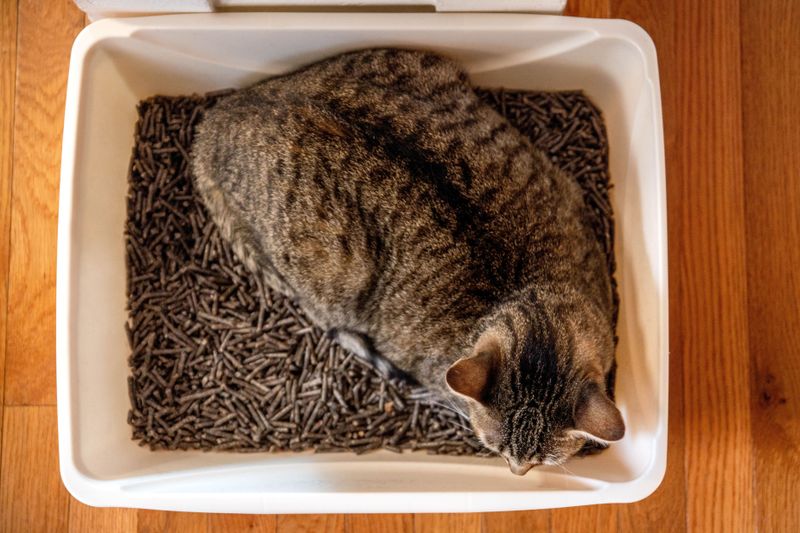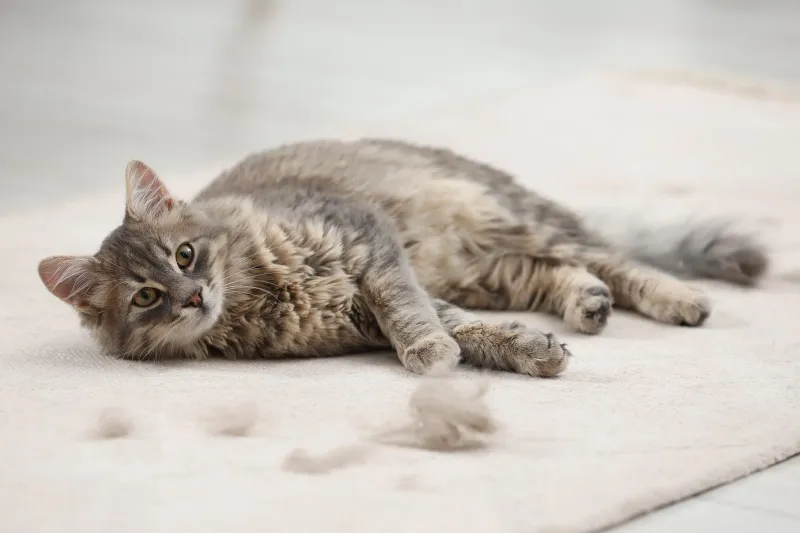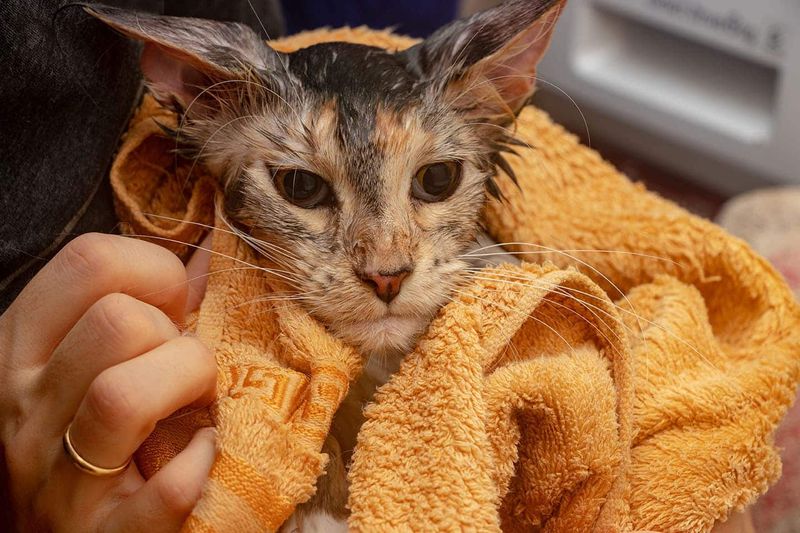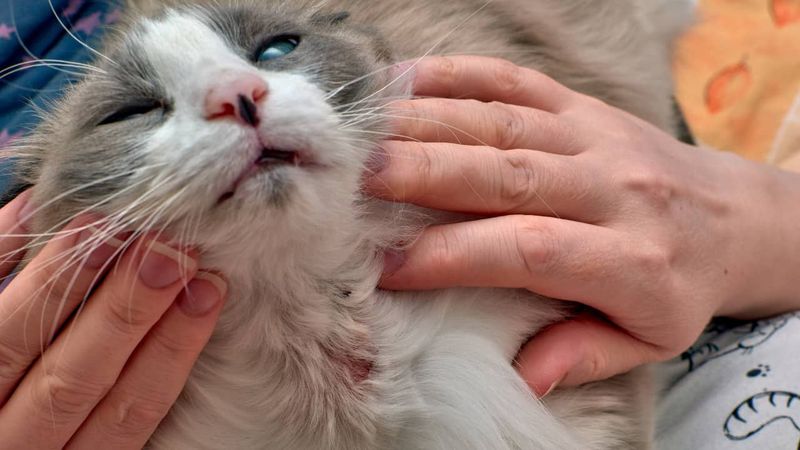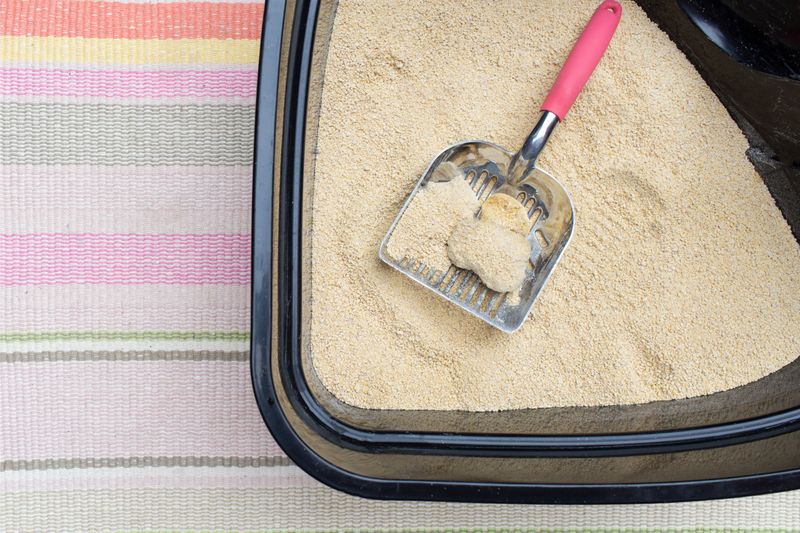Cats are known for their cleanliness, but accidents can still happen, leaving their fur smelling like urine. Whether your cat had an accident, stepped in their litter box mess, or is dealing with a medical issue, the lingering smell can be unpleasant for both you and your pet. Since cats groom themselves frequently, it’s essential to remove the odor safely and effectively without causing stress or irritation to their skin. Fortunately, there are several simple methods to help eliminate urine smell from your cat’s fur.
Removing the smell of urine from your cat requires gentle yet effective cleaning techniques. Harsh chemicals or strong fragrances can irritate your cat’s skin and discourage them from grooming properly. Instead, using cat-friendly products such as mild shampoos, pet wipes, and natural odor neutralizers can help freshen up your cat without causing discomfort. Whether you opt for a full bath or a quick spot-clean, there are multiple approaches to ensure your cat stays clean and odor-free.
In this article, we’ll explore effective methods to remove urine smell from your cat’s fur. From simple home remedies like baking soda and vinegar to specialized pet cleaning products, you’ll find a solution that works best for your feline friend. Additionally, we’ll provide tips on preventing future urine mishaps and recognizing when a vet visit might be necessary. With these steps, you can keep your cat smelling fresh and feeling comfortable in no time!
1. Blot the Urine Immediately
Begin by quickly addressing any urine spots on your cat’s fur. Use a damp paper towel to gently blot the affected area, absorbing as much urine as possible. This step is crucial to prevent the urine from drying and becoming more difficult to remove later. It’s important to be gentle during this process to avoid causing any discomfort to your cat. Once you’ve blotted out the moisture, you can proceed to further cleaning. By acting swiftly, you reduce the chance of lingering odors and keep your cat feeling fresh and comfortable.
2. Rinse with Warm Water
After blotting, gently rinse the affected fur with warm water. This helps to dilute any remaining urine, making the cleaning process easier and more effective. Use care to ensure the water is comfortably warm, not hot, to avoid distressing your cat. You don’t need to soak the fur; a light rinse will suffice. Pat the area dry with a towel afterward, ensuring your cat is not left damp. This simple step can significantly reduce odor and prepare the fur for further cleaning treatments.
3. Use a Mild Cat Shampoo
Choose a mild cat shampoo to wash away urine smell effectively. Opt for a product that is pet-safe, ensuring it won’t irritate your cat’s skin. Apply the shampoo gently, working it through the fur with your fingers. Be patient and calm, offering reassurance to your cat if they seem anxious. Rinse thoroughly to remove all shampoo residues. By using a mild cleaning agent, you can cleanse the fur without stripping away essential oils, keeping your cat’s coat healthy and odor-free.
4. Try a Waterless Cat Shampoo
For cats that dislike baths, waterless shampoo is a perfect alternative. These sprays or foams are designed to cleanse and deodorize without needing water. Apply the product by spraying or foaming onto the affected area, then massage it into the fur. Allow it to sit for the duration recommended by the manufacturer. Brush out any residue once it’s dried. This method is particularly helpful for quick odor control and is less stressful for cats, ensuring a more pleasant cleaning experience for both you and your pet.
5. Use Pet Wipes
Pet wipes offer a quick and convenient way to tackle urine smells on your cat’s fur. Formulated specifically for pets, these wipes help clean the fur without the need for a full bath. Take a wipe and gently rub it over the affected areas, ensuring you cover all spots. These wipes often contain deodorizing ingredients, helping to freshen up your cat instantly. They are an excellent solution for on-the-go cleaning or for cats that resist traditional washing methods. Regular use can keep minor odors at bay and maintain a pleasant scent.
6. Apply a Vinegar Solution
A vinegar solution can neutralize urine odor effectively. Mix one part white vinegar with two parts water in a spray bottle. Spray the solution lightly onto the affected fur and use a cloth to gently work it through. The acidity of vinegar helps to break down odor-causing compounds. Rinse the area with clean water afterward to remove any vinegar residue. Dry your cat thoroughly with a towel. This natural remedy is both safe and effective, providing a chemical-free option to keep your cat smelling clean and fresh.
7. Use Baking Soda
Baking soda is a natural deodorizer, perfect for eliminating urine smells. Sprinkle a small amount onto the affected area of your cat’s fur, making sure to avoid the eyes and mouth. Allow it to sit for a few minutes to absorb odors. Gently brush out the baking soda with a pet brush. This method is simple yet effective, and can be repeated as necessary to maintain a fresh scent. Baking soda is non-toxic and safe for pets, providing a hassle-free way to keep your feline friend’s coat smelling clean.
8. Try an Enzyme-Based Cleaner
Enzyme-based cleaners are specially formulated to break down urine compounds, completely eliminating odors. These cleaners contain natural enzymes that digest odor-causing substances. Apply the cleaner to the affected area following the instructions on the bottle. Allow it to sit for the recommended time to ensure full effectiveness. These products are particularly useful for stubborn or recurring odors. They offer a deep clean, ensuring that both visible and invisible traces of urine are removed, leaving your cat’s fur clean and odor-free.
9. Incorporate Special Diets
Sometimes, a change in diet can improve the scent of your cat’s urine. Consider incorporating a special diet that’s designed to reduce urine odor. These diets often contain natural ingredients that promote internal health. Consult your vet before making any significant changes to ensure it suits your cat’s specific needs. A well-balanced diet can lead to better digestion and reduced odor emissions. This method not only targets the smell but also contributes positively to your cat’s overall wellbeing.
10. Groom Your Cat Regularly
Regular grooming is essential to prevent odors and keep your cat’s coat healthy. Brushing your cat not only removes loose hair and dirt but also helps distribute natural oils throughout the coat. This can prevent urine smell from lingering and enhance the overall scent of your cat. Make grooming a routine, using a brush suitable for your cat’s fur type. Spend a few minutes daily or weekly, depending on your cat’s needs, to maintain a clean and pleasant-smelling coat, keeping your feline friend comfortable and fresh.
11. Dry Your Cat Properly
Proper drying is crucial after cleaning your cat’s fur to prevent damp smells. Use a soft towel to pat your cat dry, absorbing as much moisture as possible. If your cat tolerates it, use a hairdryer on a low heat setting to finish drying. Keep the dryer moving continuously to avoid overheating any area. A well-dried cat is less likely to develop unpleasant odors, ensuring that your cleaning efforts leave your pet smelling fresh. This careful drying step is a key part of maintaining a clean and odor-free cat.
12. Check for Skin Irritation
Regularly check your cat’s skin for any signs of irritation, especially if urine frequently comes in contact with their fur. Look for redness, swelling, or signs of discomfort that might indicate underlying issues like incontinence or infections. If you notice anything unusual, consult with a veterinarian for advice. Addressing skin irritation promptly can prevent further problems and ensure your cat is comfortable. Maintaining awareness of your cat’s skin condition supports overall health and helps prevent persistent odors from recurring issues.
13. Keep the Litter Box Clean
A clean litter box is essential to prevent urine odors from transferring to your cat’s fur. Scoop out waste daily and change the litter entirely on a regular schedule. Consider using clumping litter for easier cleaning and less odor. Place the litter box in a well-ventilated area to reduce residual smells. This routine not only keeps the litter area fresh but also encourages your cat to use the box consistently, minimizing the risk of urine accidents and the associated odors on their fur.
14. Visit the Vet if Necessary
If your cat frequently smells like urine or has repeated accidents, a veterinary check-up is advisable. Health issues such as urinary tract infections or kidney problems might be the underlying cause. A vet can provide a thorough examination and suggest appropriate treatments or dietary changes. Identifying and addressing health concerns early ensures that your cat remains healthy and minimizes the risk of recurring odor problems. Regular vet visits are a proactive way to maintain your cat’s well-being and ensure they smell fresh and clean.
